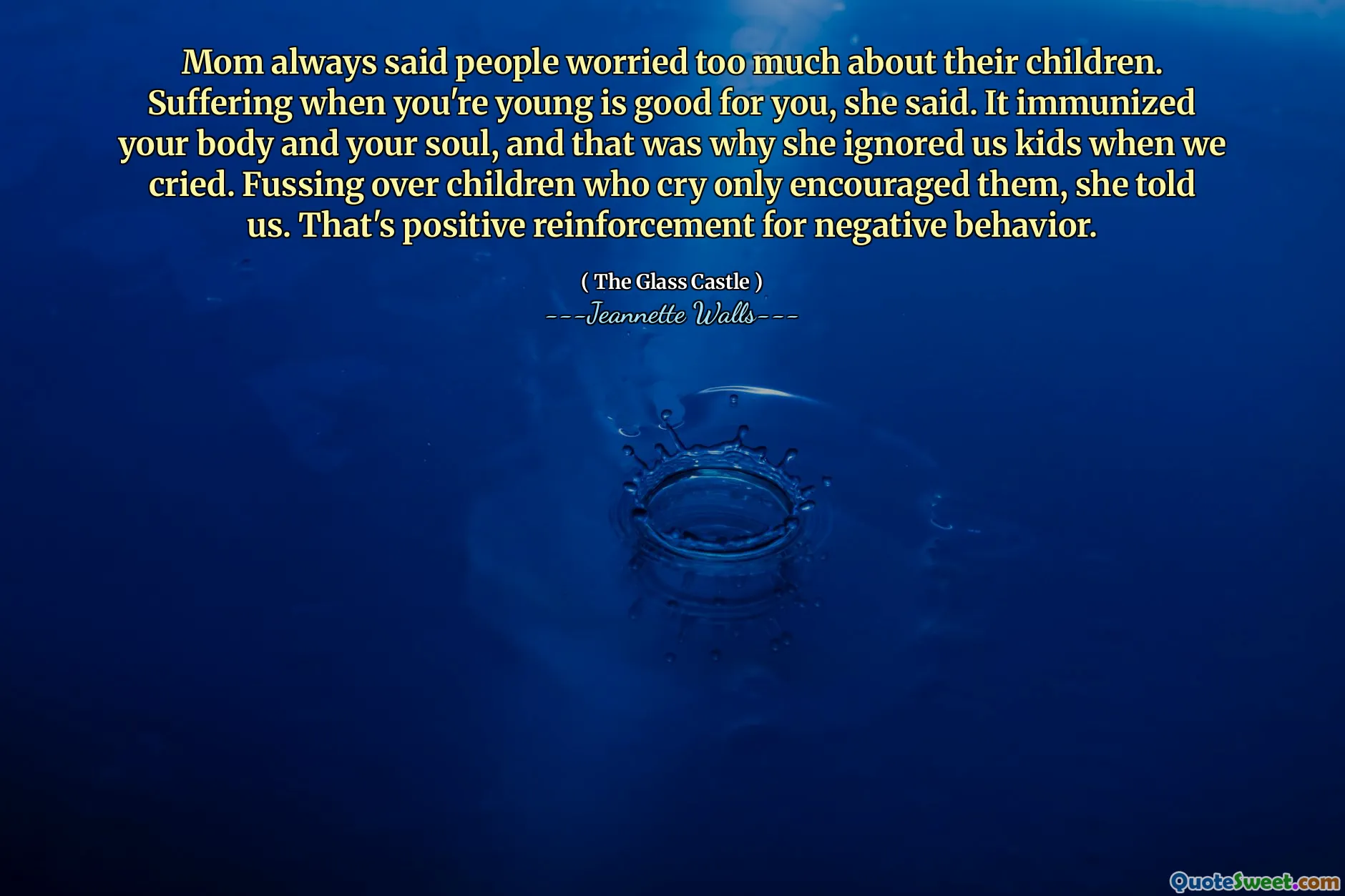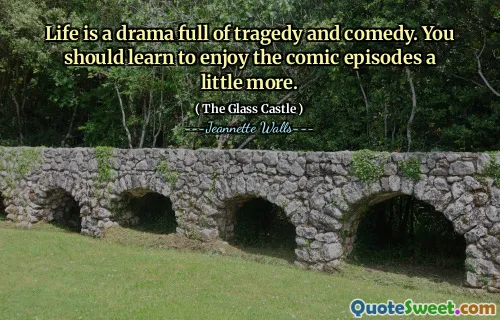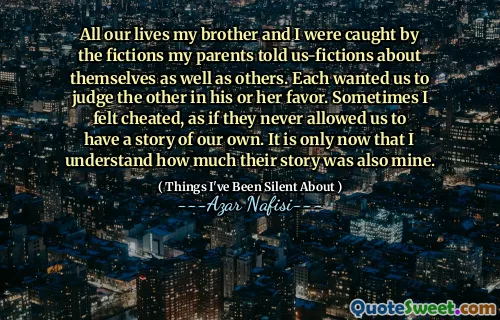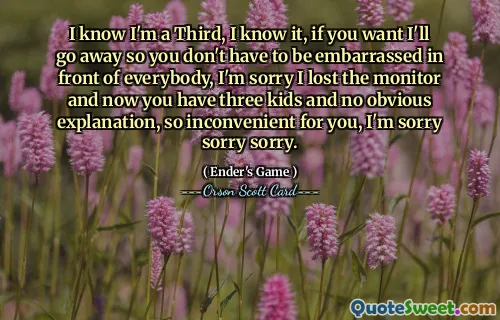
Mom always said people worried too much about their children. Suffering when you're young is good for you, she said. It immunized your body and your soul, and that was why she ignored us kids when we cried. Fussing over children who cry only encouraged them, she told us. That's positive reinforcement for negative behavior.
In "The Glass Castle," Jeannette Walls reflects on her mother's unconventional views regarding child-rearing. Her mother believed that worrying too much about children was unnecessary, asserting that experiencing suffering in youth could be beneficial. This belief led her to adopt a hands-off approach, often ignoring her children's cries, as she thought that responding would only encourage what she deemed negative behavior.
This perspective raises questions about the role of pain and adversity in personal growth. Walls' mother felt that facing hardship builds resilience, suggesting that not all parental methods align with conventional nurturing. Such insights reveal the complexities of their family dynamics and contribute to the broader themes of struggle and survival in the memoir.











